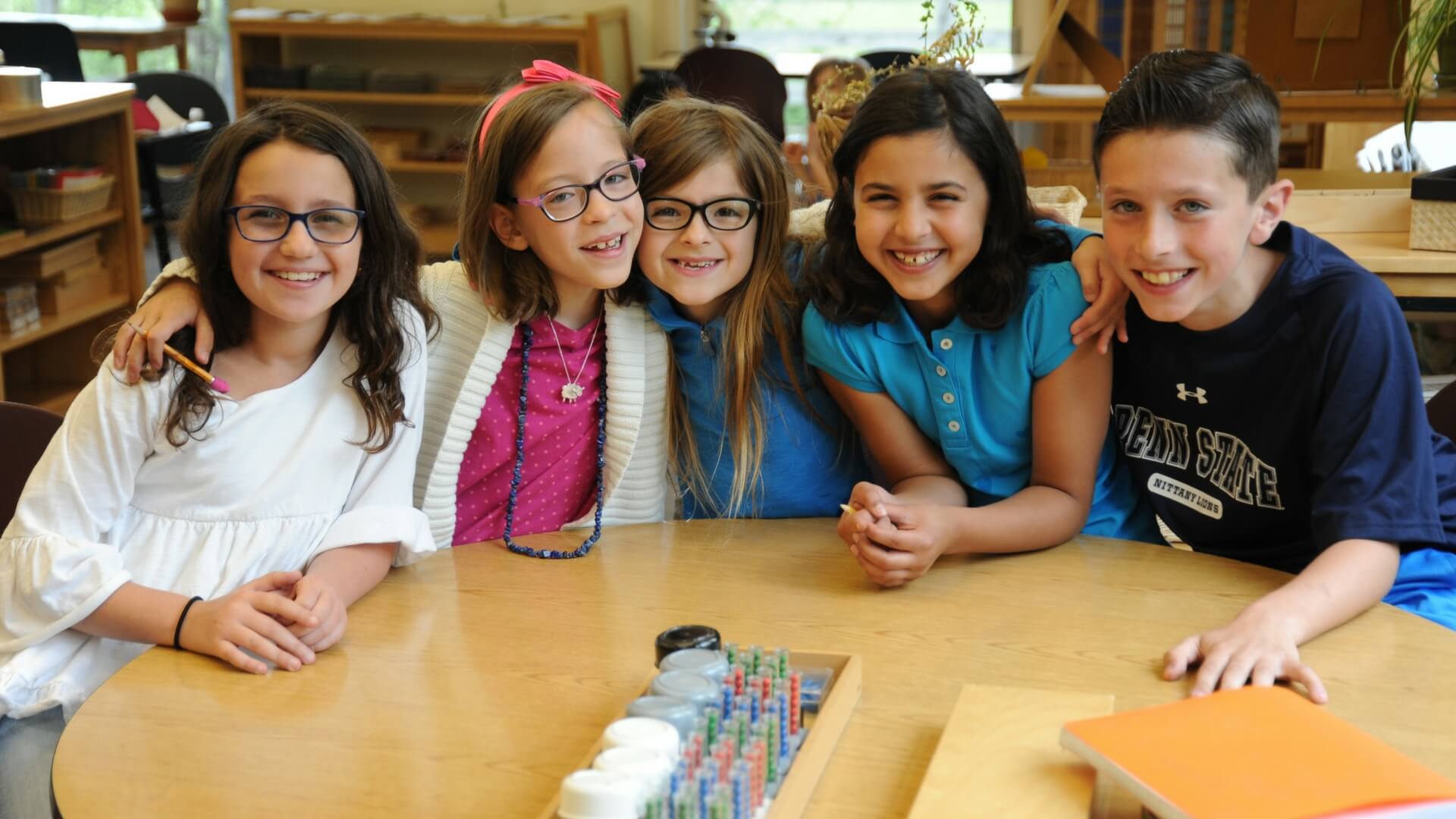The Montessori education system has always been distinguished by its unique approach to teaching and learning. In a Montessori environment, children are encouraged to learn at their own pace, using their personal interests as a guide. This approach continues into the adolescent years, creating a transformative middle school experience.
Understanding Montessori’s Four Planes of Development
When discussing Montessori education, it is essential to understand the Four Planes of Development. Dr. Maria Montessori, the founder of the Montessori method, identified these four distinct phases of a child’s growth, characterized by specific developmental needs.
These planes are divided into six-year periods, with each phase requiring a unique educational approach tailored to the child’s developmental needs. For instance, the first plane (0-6 years) focuses on physical, social, and intellectual development, while the third plane (12-18 years) emphasizes social maturity and physical changes associated with adolescence.
The Montessori Adolescent Experience
Adolescence is a period of immense transition, characterized by physical changes and social maturation. In many ways, adolescents can be thought of as “social newborns,” learning to navigate the complexities of adult society.
“These two needs of the adolescent: for protection during the time of the difficult physical transition, and for an understanding of the society which he is about to enter to play his part as a man, give rise to two problems that are of equal importance concerning education at this age.”
— Maria Montessori, From Childhood to Adolescence
Montessori education at this stage is therefore designed as a “Preparation for Adult Life,” providing adolescents with real, authentic experiences in a supportive environment. This learning approach allows them to develop their social skills, take on adult roles, and learn from them.
The Montessori Middle School Environment
In line with Montessori’s belief that adolescents need a hands-on, practical learning environment, many Montessori middle schools are located in natural settings, such as farms. Here, students can experience real-world learning, integrating disciplines like biology, chemistry, earth sciences, and physics.
For instance, if adolescents are tasked with caring for chickens, they might study biology to understand different chicken breeds, physics and engineering to construct a coop, and even economics to determine how to sell eggs for a profit. This approach to learning is not only engaging but also provides a holistic understanding of how different disciplines intersect in real-world scenarios.
A Rigorous and Rewarding Curriculum
In a Montessori middle school, students are not just taught academic subjects; they are given the tools to become independent learners. The curriculum emphasizes manual and intellectual work, promoting the idea that both are equally essential to a civilized existence.
Subjects such as English, mathematics, science, and history occupy central places in the curriculum. However, Montessori middle schools also emphasize critical thinking exercises, leadership skill-building, and student-led discussions. Moreover, students continue to learn through discovery and action, becoming more sophisticated thinkers and problem solvers.
The Power of Community
An integral part of Montessori education is fostering a strong sense of community. Students are provided with numerous opportunities to interact with their peers, work together, and solve problems as a group. This approach prepares them for the social dynamics they will encounter in adult society and the workforce.
Preparing for the Future
Montessori middle schools aim to prepare students for their future, both academically and personally. Graduates of Montessori programs often excel in their subsequent academic careers and are recognized for their critical thinking skills, problem-solving abilities, and self-confidence.
Language Arts in Montessori Middle School
In Montessori middle schools, language arts programs build on the foundation developed in elementary school. Students are guided through the writing process step-by-step, learning to write on a wide variety of topics drawn from all areas of the curriculum. The emphasis is on developing strong reading, thinking, writing, and speaking skills.
Mathematics in Montessori Middle School
Similarly, the mathematics curriculum is structured to develop students’ conceptual understanding and problem-solving skills. Students are introduced to Pre-Algebra, Algebra I, and Geometry, with a focus on mastering concepts and preparing for high school Honors and AP courses.
Science in Montessori Middle School
The science curriculum engages students’ natural curiosity, allowing them to investigate topics more fully and develop their understanding of the scientific method. Students are given opportunities to create models, engage in laboratory activities, and hone their technical writing skills.
History in Montessori Middle School
History in Montessori middle schools spans World History and US History. Students learn advanced reading and note-taking strategies, analyze and interpret primary source documents, role-play in simulations, and work collaboratively to test historical hypotheses.
Why Choose Montessori Middle School?
Choosing a Montessori middle school can provide a transformative education experience for adolescents. It offers a thoughtful environment and experienced teachers attuned to the unique developmental needs of adolescents, safeguarding their well-being while preparing them for adulthood.
The Montessori approach encourages students to take charge of their learning, fostering curiosity, creativity, and critical thinking. In doing so, it helps adolescents grow into self-confident, capable, and contributing adult citizens.


